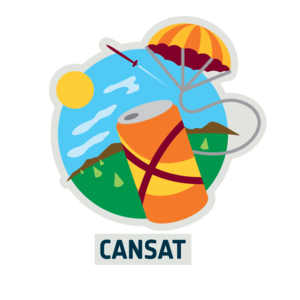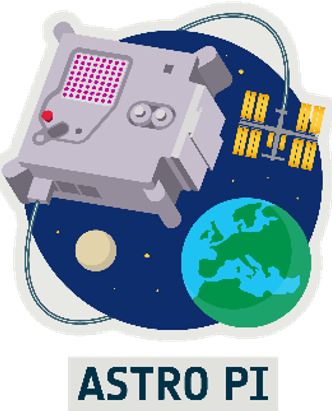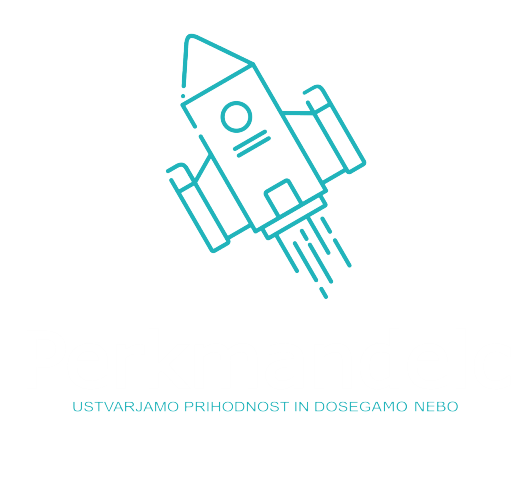Description
We are students of the Secondary Technical and Vocational School Trbovlje (STPŠ), who enjoy participating in projects while developing teamwork and creativity. We have already taken part in several projects, such as:
– ESERO Mission ZERO
– ESERO Mission Space Lab
– …
There are six of us in this group – five computer science students and one electrical engineering student. In addition to us, there are two other groups.
Capsule Launch 🚀
Dnevi
:
Ure
:
Minute
:
Sekunde
Project
CanSat
CanSat provides students with the opportunity to experience all the processes of a real space mission. Their task is to design, build, assemble, and test a miniature satellite the size of a soda can – the CanSat. It must contain all the essential components of a real satellite, including a power supply, sensors, and a communication module.
The functioning satellite must carry out a scientific mission during launch, such as collecting data on atmospheric temperature and pressure. It then transmits this data to a ground station, allowing students to analyze and present the results later. The project promotes the practical application of STEM knowledge, develops engineering skills and teamwork, and is overall an excellent opportunity for aspiring researchers.


Previous missions we have participated in:
Mission zero:
Mission Zero offers young people the opportunity to write a simple program that will run on the Astro Pi computer aboard the International Space Station (ISS). The program will use the Astro Pi’s color and light sensor to adjust the background color of an image that astronauts will see during their tasks.
The challenge is to create images inspired by nature – trees, flowers, animals, or even extraterrestrial life forms. The program must follow official guidelines and is designed for children with beginner-level programming skills.
No special hardware or prior coding knowledge is required to participate, and everything can be done in a web browser in less than an hour. Mission Zero allows young minds to send their creative ideas into space! 🚀
Mission space lab:
Mission Space Lab offers teams of young people the opportunity to write Python programs for conducting scientific experiments aboard the International Space Station (ISS). This year’s challenge is to calculate the speed of the ISS using the sensors and cameras of the Astro Pi computers.
Teams use sensor data, such as a gyroscope, accelerometer, magnetometer, temperature, and color sensors, to analyze the ISS’s movement and estimate its speed. In the process, they learn programming, data collection, and scientific concepts related to orbital motion.
Approved programs will be executed on the ISS, and participating teams will receive certificates along with the data collected in space. Mission Space Lab guides and rules help teams develop their programs, improve calculation accuracy, and assist mentors in supporting their teams.
This is a unique opportunity for young minds to contribute to space science and test their programming skills in a real space environment! 🚀
